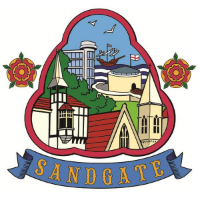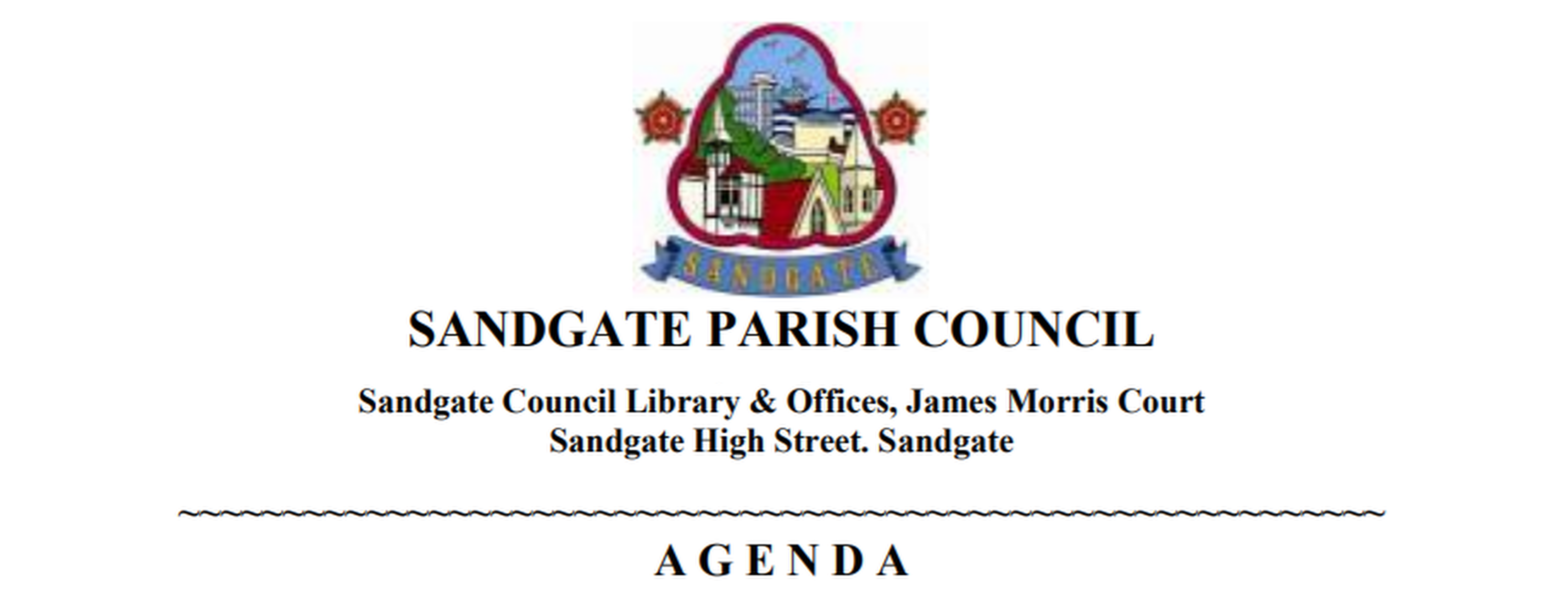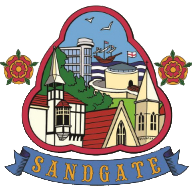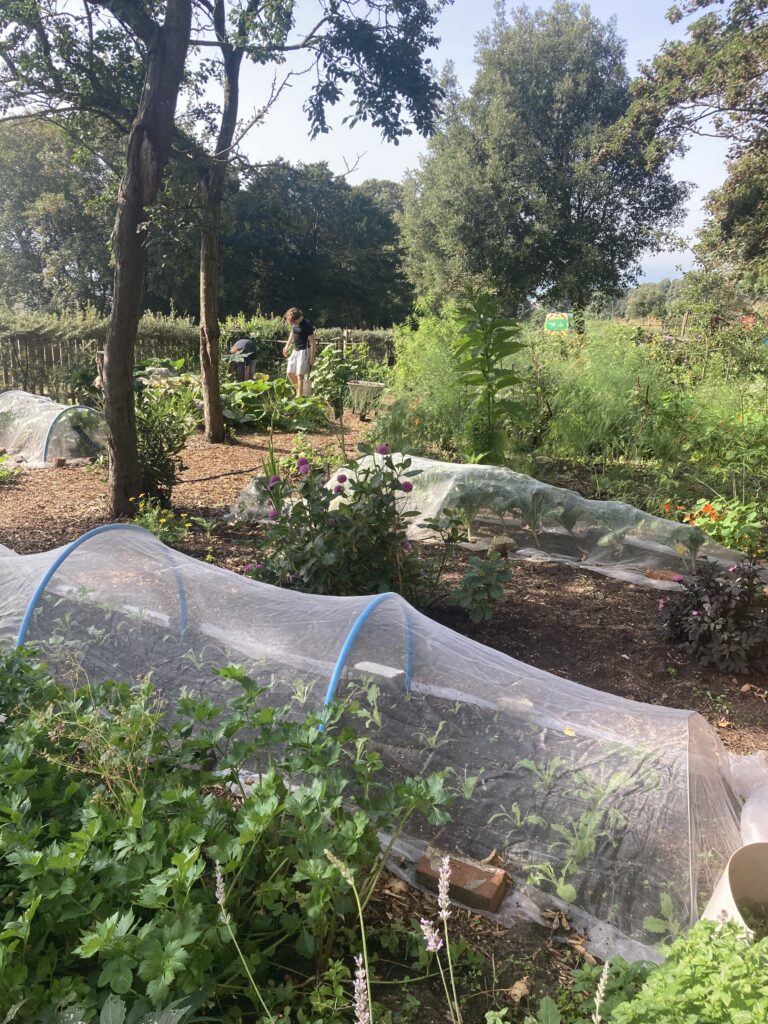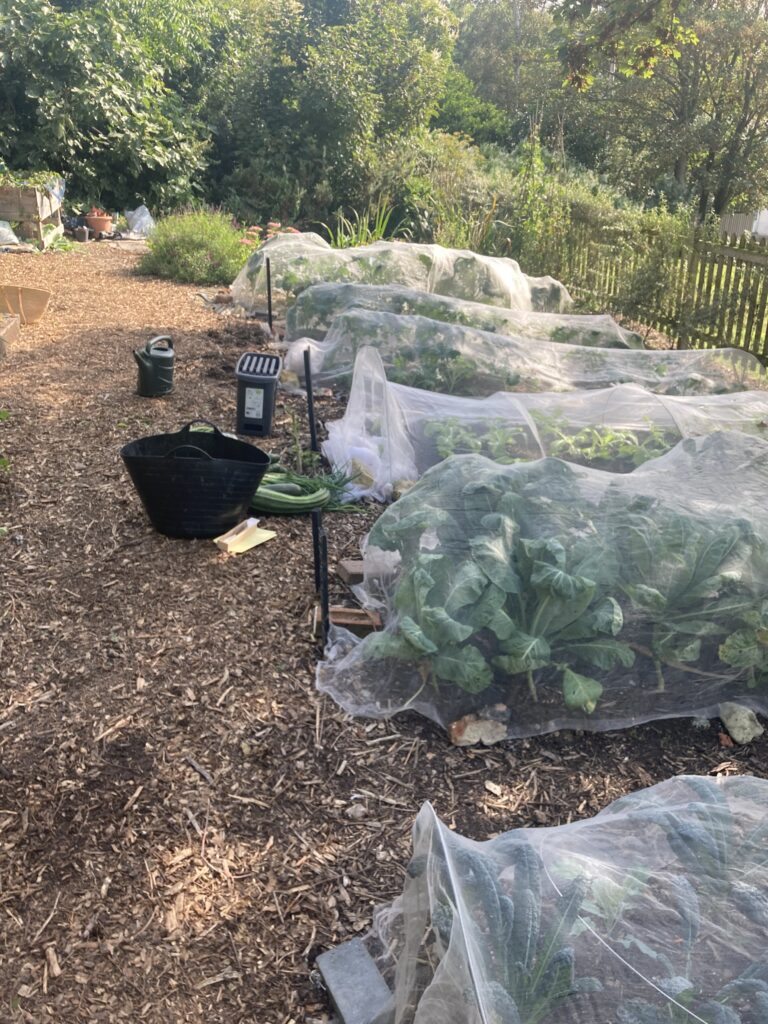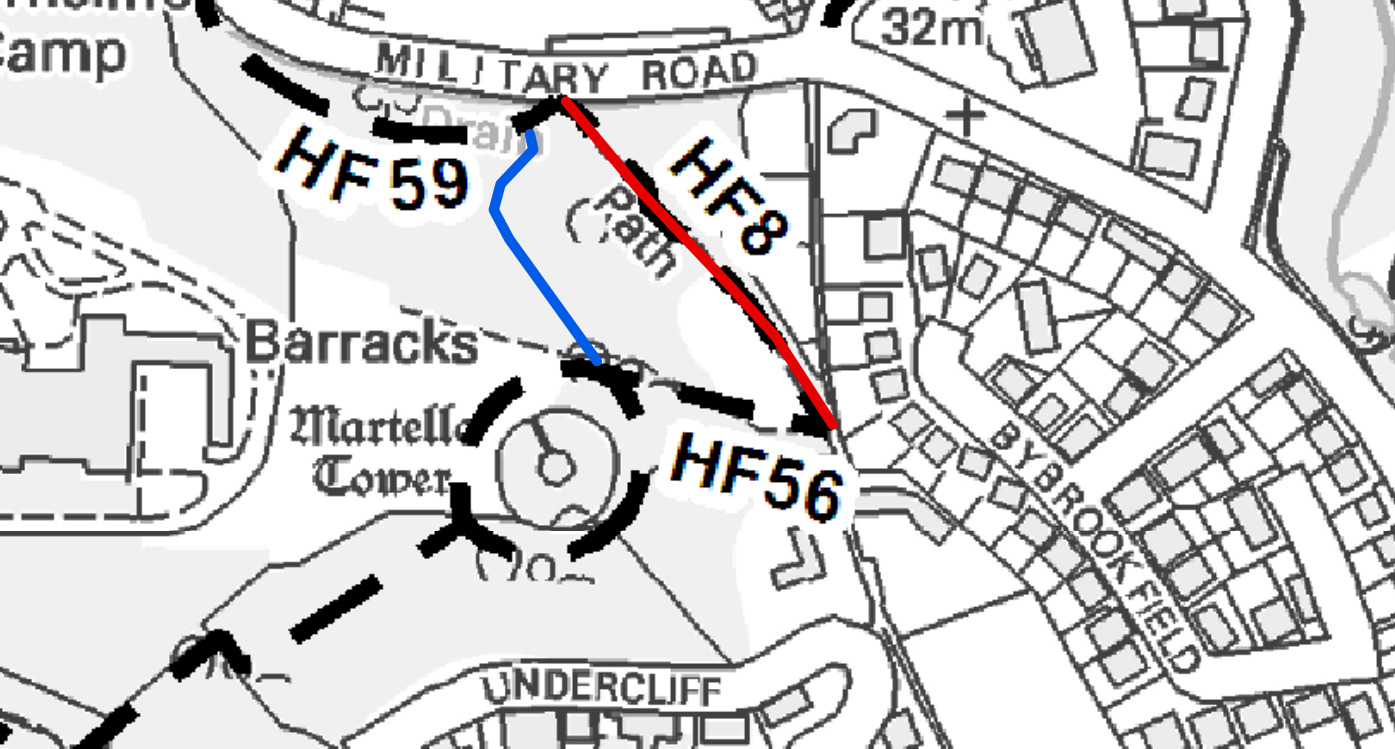The agenda for the Sandgate Parish Council Planning Committee meeting, to held on 25th September 2023 at 7.00pm or at the fall of the Full Council Meeting whichever is later.
Planning-Agenda-25-09-23The Planning Committee meeting is open to press and public. If any member of the public wishes to attend, please can they notify clerk@sandgatepc.org.uk in advance. This allows us to ensure we have sufficient seats and allow reasonable spacing.
Previous Sandgate Parish Council Planning Committee Agenda and Minutes. We publish agendas a few days before a meeting. We then post draft minutes in the week after a meeting.
Most of our meetings will be broadcast live on our Facebook page. Recordings of the meetings will be left on Facebook for a few months after the meeting so they can be watched back later. Comments left on Facebook broadcasts during the meeting are not be monitored and are not a way of feeding back to the Council.
Minimum Notice
We issue agendas at least three clear days before a meeting. We display them on the noticeboard in the library, Parish noticeboards on the Village Green and by Enbrook Valley shops, and on our website.
The minimum three clear days for notice of a meeting does not include:
- the day of issue of the agenda, or;
- the day of the meeting, or;
- a Sunday, or;
- a day of the Christmas break, or;
- a day of the Easter break, or;
- of a bank holiday, or;
- a day appointed for public thanksgiving or mourning.
Meeting in Public
All meetings of our Council are open to the public, except in limited defined circumstances. We can only decide, by resolution, to meet in private when discussing confidential business or for other special reasons where publicity would be prejudicial to the public interest.
Those reasons might include, for example, discussing the conduct of employees, negotiations of contracts or terms of tender, or the early stages of a legal dispute.
